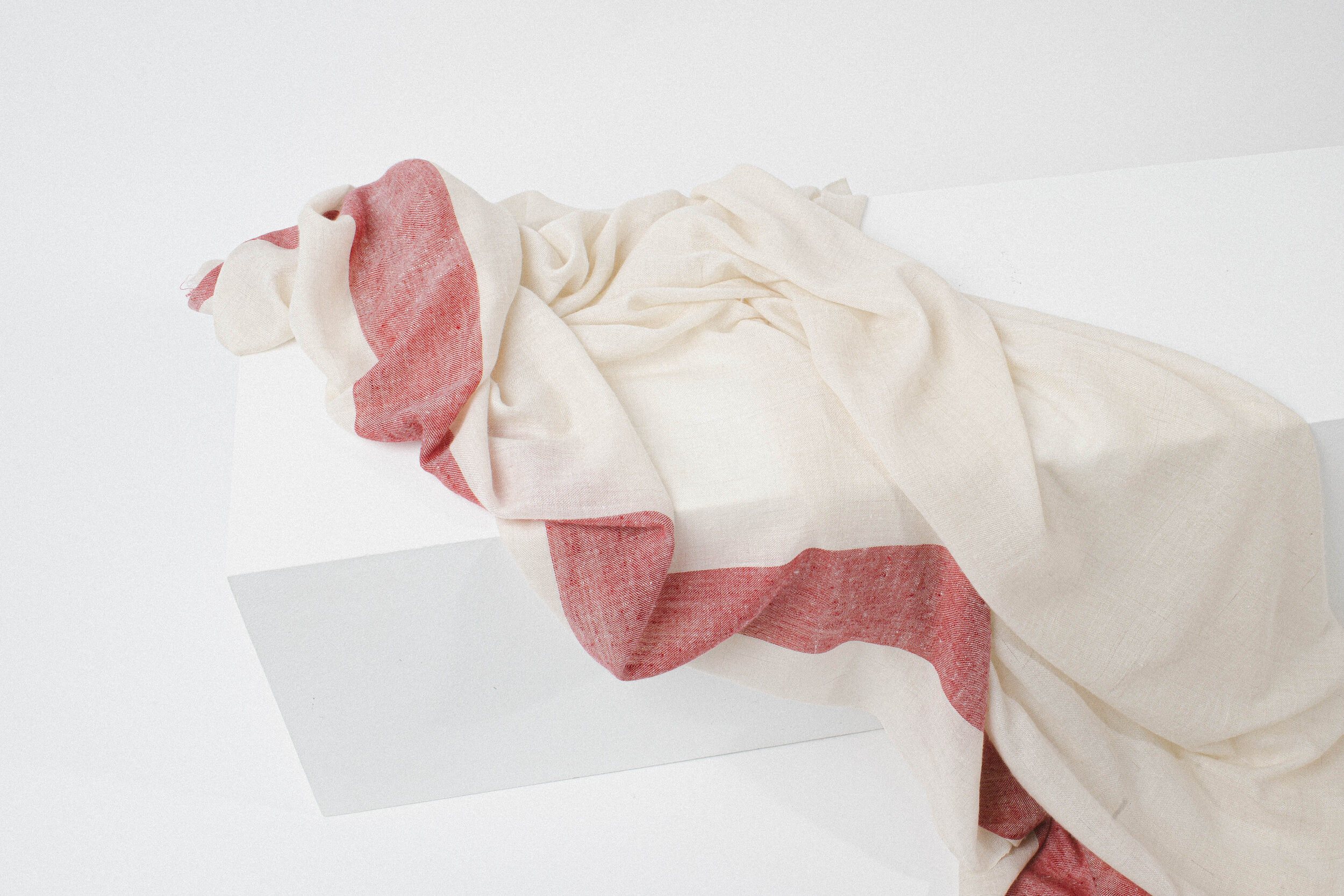
Our Philosophy
Shawl Wallah is a traditional term used by Indians in describing a Kashmiri traveling from Kashmir to India in the south with pashmina shawls for sale.
Mission Statement
Shawl Wallah was born from the desire to create a brand sourcing truly ethical cashmere shawls, from its birthplace: Kashmir. Pulling from the creator’s development background, Shawl Wallah has been built using an ethics-first model, to support the pashmina industry of Kashmir and Ladakh. We develop products alongside the artisans, to offer a mix of traditional and modern design products, all while aligning to our pillars of Ethical Production, Outstanding Quality, Pashmina Education, and Regional Awareness.
Pashmina vs. Cashmere
A key pillar of Shawl Wallah’s mission, Pashmina Education goes hand-in-hand with supporting the sustainable functioning of the pashmina industry in Kashmir. We strive to provide a story to the global market to explain the differences in pashmina, cashmere, and Kashmir.
Pashmina (or changthangi) goats are mainly native to the Ladakh region in Northern India. The changthangi goat grows an undercoat of extremely fine fur on its belly and chin, which helps keep it warm in it’s native high-altitude winters. In the spring, the goats shed this layer, which is the ultra-fine (and ultra-soft) wool used in the making of pashmina shawls. When first discovered by the "West", the wool was called "cashmere", in reference to the region in which it was discovered. Thus, the true and original pashmina shawls come from Kashmir, which is why our products are second to none.
Ethical Production Model
Ethics-first drives Shawl Wallah. In a region of the world where non-profits, free-trade organizations, and local government struggle to protect and regulate this traditional industry, Shawl Wallah was developed with the aim to do no harm.
There are many people, many animals, and a unique natural environment that have a hand in the pashmina production process, including Goat-herders, wool spinners, wool dyers, loom weavers, the pashmina goats, and the environment in which they all live.
We source from a cooperative of families in the Srinagar, Kashmir region, which ensures no child labour is used, and that those multiple occupations aren't working in adverse conditions. Our order payments go directly to those creating the product. Shawl Wallah's connectors in Kashmir that help us bridge language and cultural differences are paid independent of the artisans.
The goats, and their caretakers and habitat
While there is still work to be done in Ladakh to bring a universal standard and process to monitor the treatment of pashmina goats, we work closely with our cooperative of goat herders to ensure proper grazing (environmental) and proper care (animal welfare) surrounds the goats our wool is sourced from. #happygoats is our goal.
Wool Spinners
Our wool spinners use a modified version of a charkha, a traditional wool spinning tool, to spin the raw pashmina wool into workable yarn. The filaments are so fine that it can sometimes be hard to see while they work. The women in our cooperative are typically wool spinners, and do so sometimes in groups in a communal space (often a home), or individually in their own homes.
Weavers
The weavers of the cooperative are typically male, and again can work together on complex hand-looms, or may work in their own homes. The weaving process is the most time intensive, with most shawls alone taking 1-3 days to weave.
Our lightweight shawls are truly traditional pashminas, in that the wool is hand spun, and that yarn then hand woven on a loom.
For our heavyweight shawls, the wool is machine spun for a thicker yarn, and then hand woven on a loom. So while they don't meet the traditional definition of a pashmina shawl, they are still made of the same material, and woven in a similar fashion by hand.
Kashmir & Ladakh
India's northern state of Jammu & Kashmir is nestled in the breathtaking Himalayas, and is a region rich in history and tradition. Perhaps most notably, this region is the birthplace of what is widely known as cashmere (an alternate way to spell "Kashmir"). Along with history and tradition comes an extreme volatility in politics, conflict, and human rights abuses, which in our opinion lends this traditional industry to demand even more respect.
The cooperative of families we purchase directly from are made up of wool spinners, fabric dyers, and loom-weavers that practice this centuries-old trade in the Kashmir region.
The raw material from changthangi goats comes from the Changthang region of Ladakh, where the goat-herders graze their flocks in those same arid, vast Himalayan ranges.
It makes perfect sense that these beautifully hand-crafted pure pashmina shawls would come from such a stunning region of the world.


